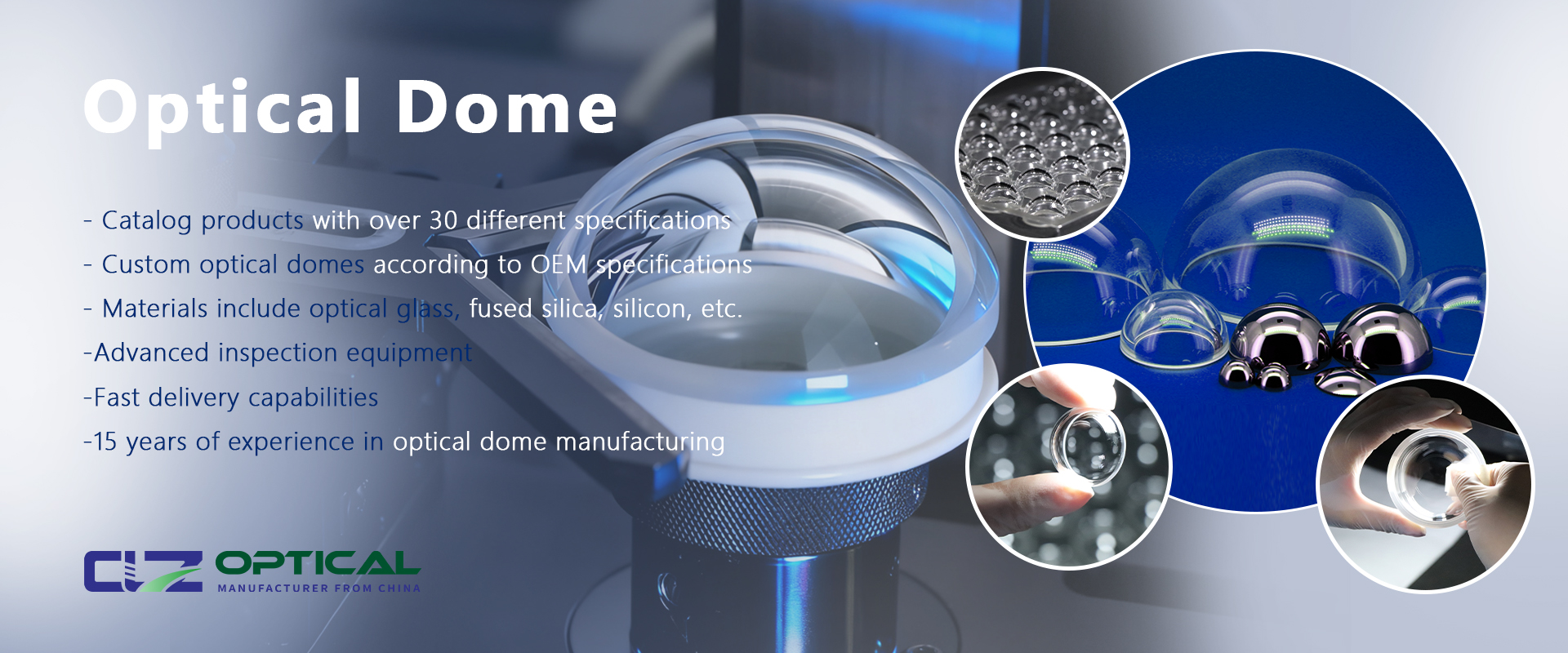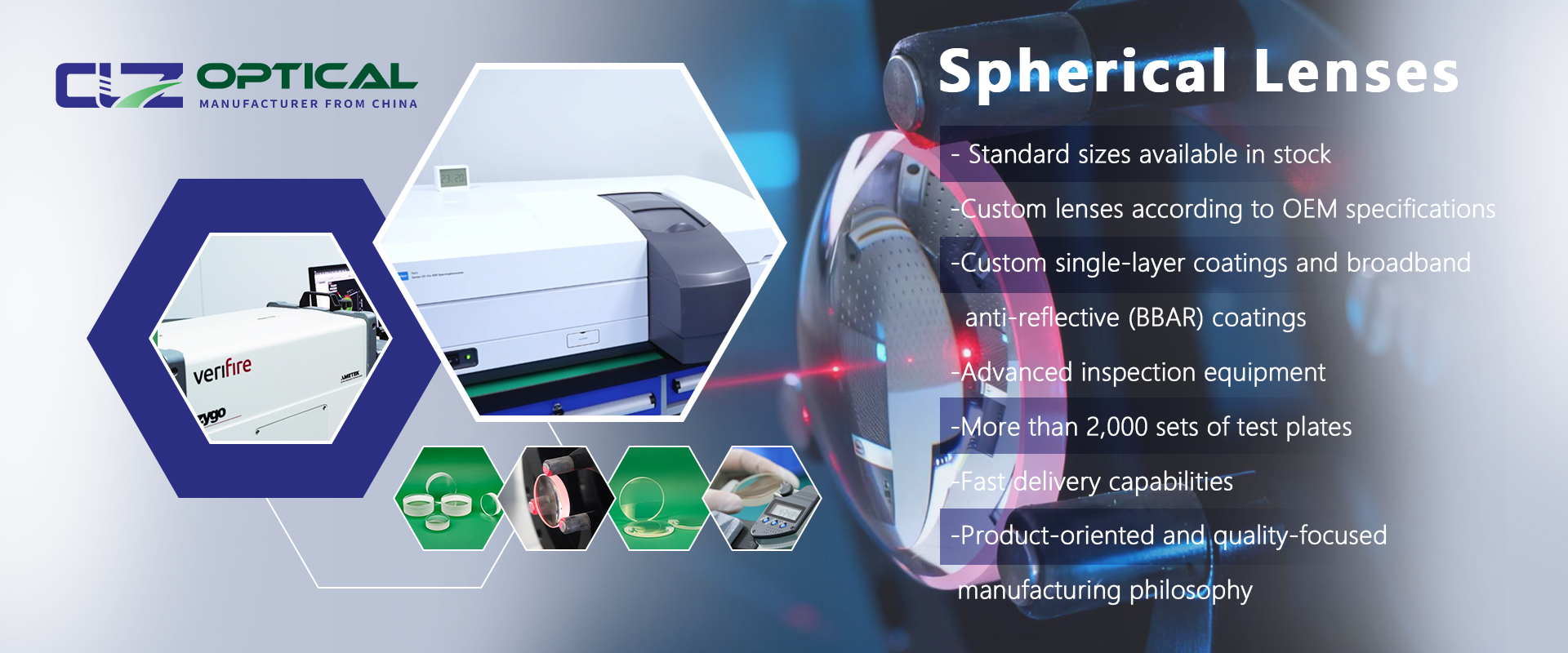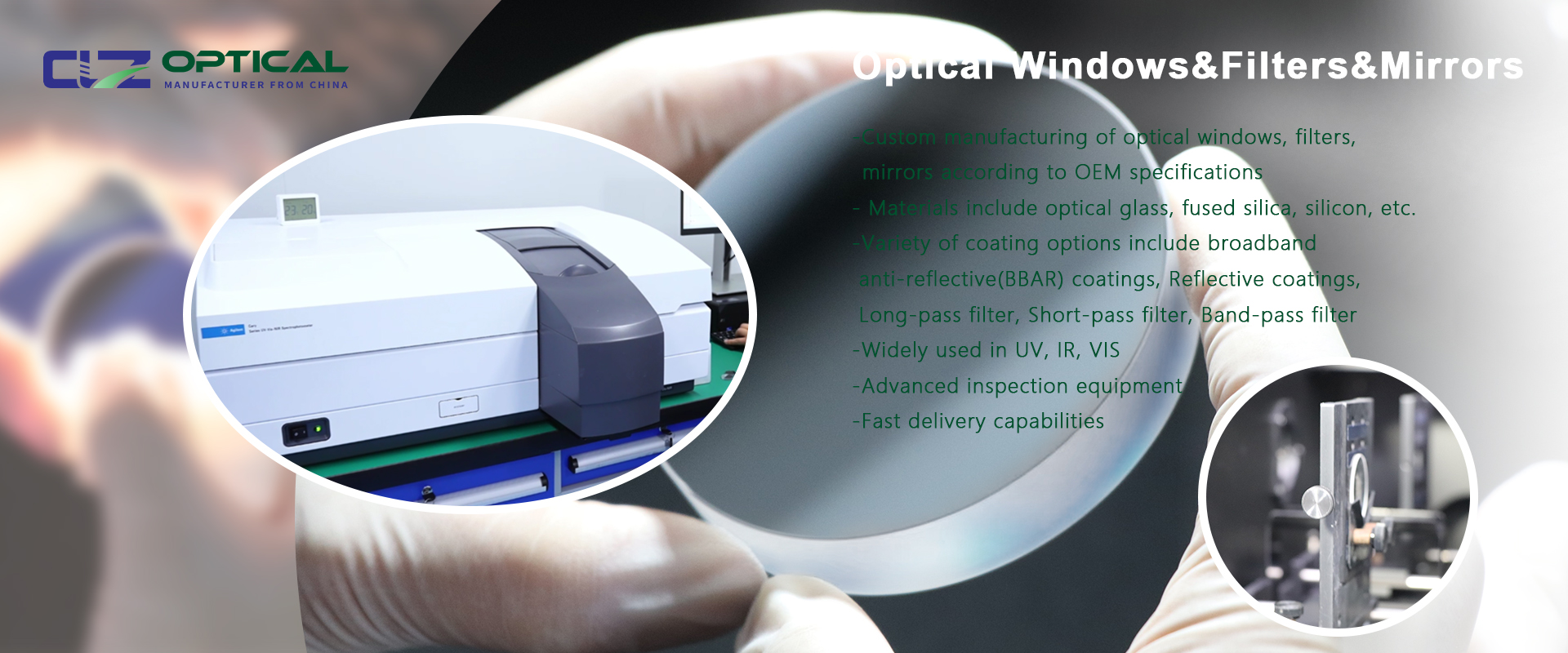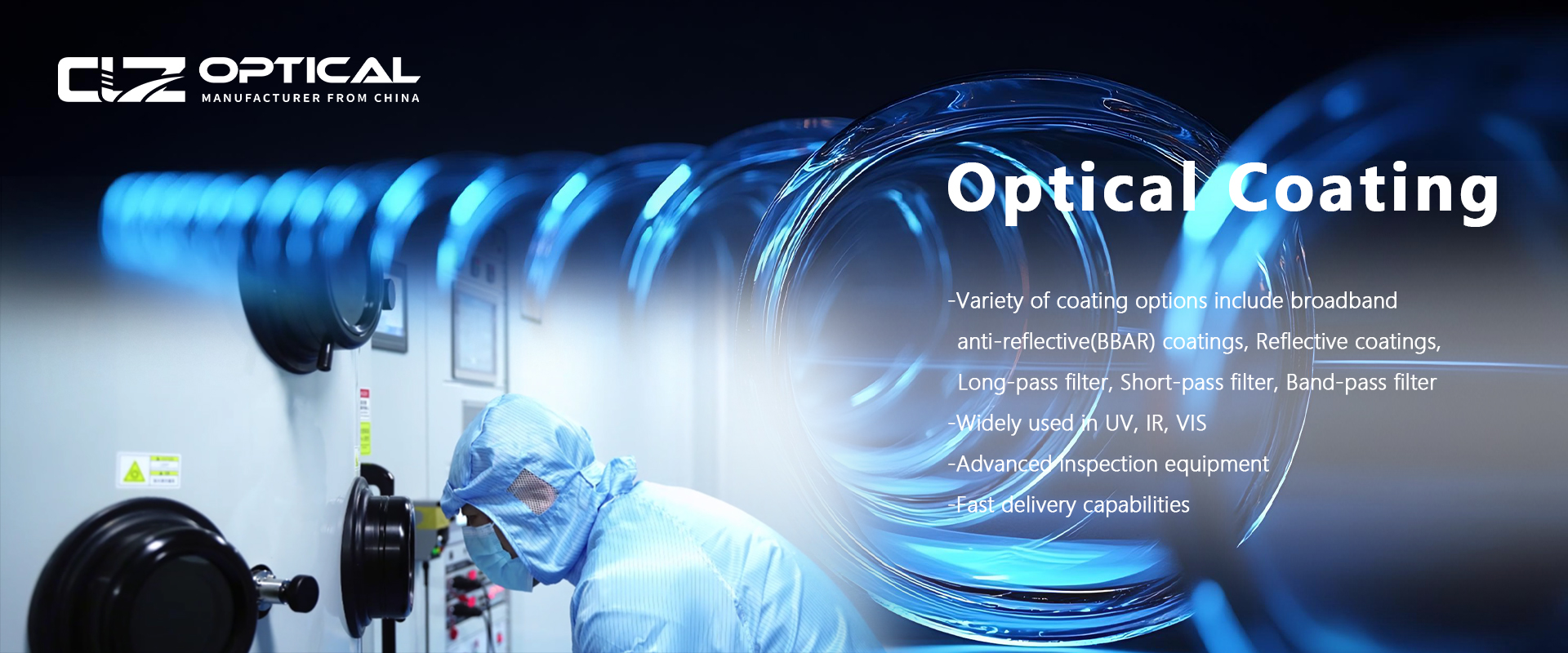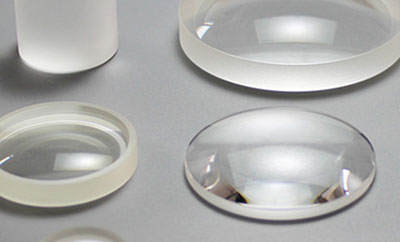Don't Ignore the Cleaning and Maintenance of Silicon Optical Lenses
Sep. 29, 2019
Silicon Optical Lenses is a single-component amorphous material of silica. Its microstructure is a simple network composed of silica tetrahedral structural units. Because Si-O has a large chemical bond and a very close structure, Silicon Optical Lenses have unique properties, especially for transparent Silicon Optical Lenses, which have excellent optical performance and excellent transmittance in the continuous wavelength range from UV to IR.
Silicon Optical Lenses has a very low coefficient of thermal expansion, high-temperature resistance, excellent chemical stability, excellent electrical insulation, low and stable ultrasonic delay performance, excellent UV transmission performance, and visible and near-infrared Spectral performance, and has higher mechanical properties than ordinary glass.
Silicon Optical Lenses is an acidic material that, besides hydrofluoric acid and hot phosphoric acid, is inert to any other acid and is a good acid-resistant material. The degree of corrosion of the alkali and salt on the Silicon Optical Lenses at room temperature is also extremely small, so the use of quartz glass in these reagents is not excluded. Silicon Optical Lenses are non-hygroscopic and non-weathering. It is very sensitive to all alkali or alkaline earth compounds, and the slight amount of these compounds promotes the crystallization of quartz glass at high temperatures.
Silicon Optical Lenses
Therefore, in the cleaning and maintenance of Silicon Optical Lenses, Optical Windows Supplier recommends that you pay attention to the following points:
1. Silicon Optical Lenses products are very expensive, so we must be very careful when using them.
2. If Silicon Optical Lenses need to be used at high temperatures, we must wipe them clean before use. It can be soaked in a solution containing 10% hydrofluoric acid and then treated with high purity water or alcohol. Wear thin-line gloves during operation to avoid direct contact with quartz glass by hand;
3. Different Silicon Optical Lenses have different high operating temperatures. We should not exceed this temperature during use, otherwise, it may cause crystallization or softening deformation of the product;
4. Silicon Optical Lenses are acidic materials. When used at high temperatures, be sure to avoid contact with alkaline substances (such as asbestos, water glass, and potassium and sodium compounds). Otherwise, it will greatly reduce its resistance to crystallization. performance;
5. Silicon Lenses material has extremely high thermal stability and can withstand sudden changes in temperature. However, in actual use, there are corresponding differences in thermal stability due to residual strain and product shape, so care should be taken when using it.












